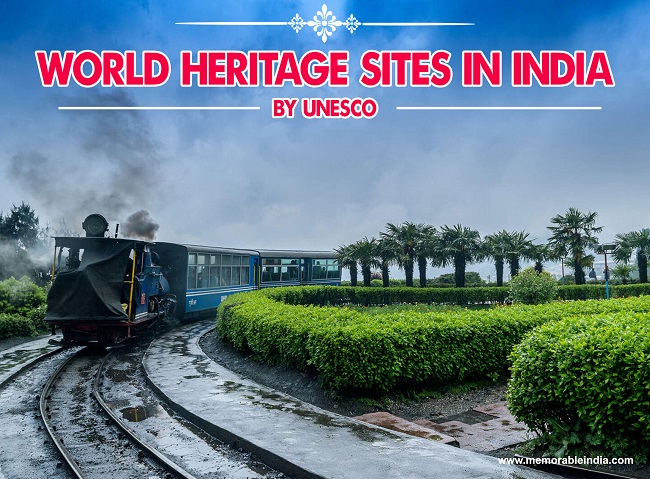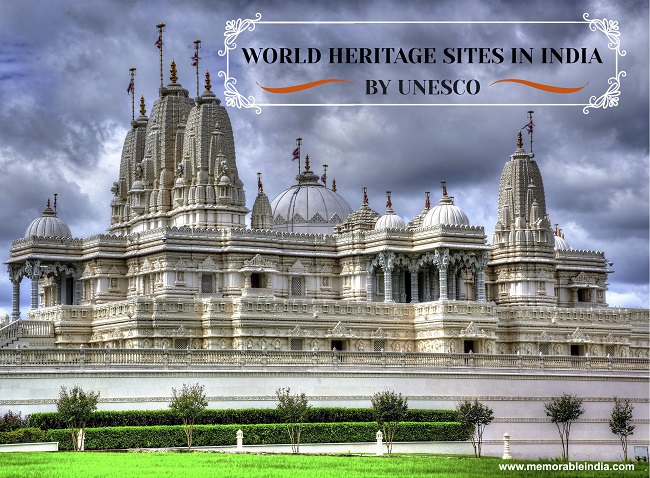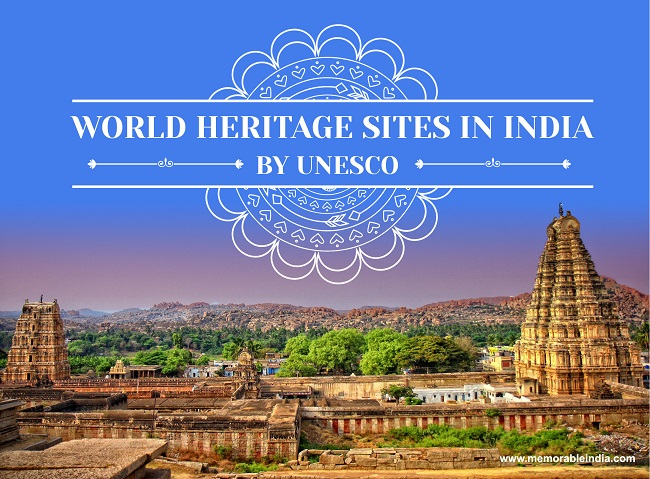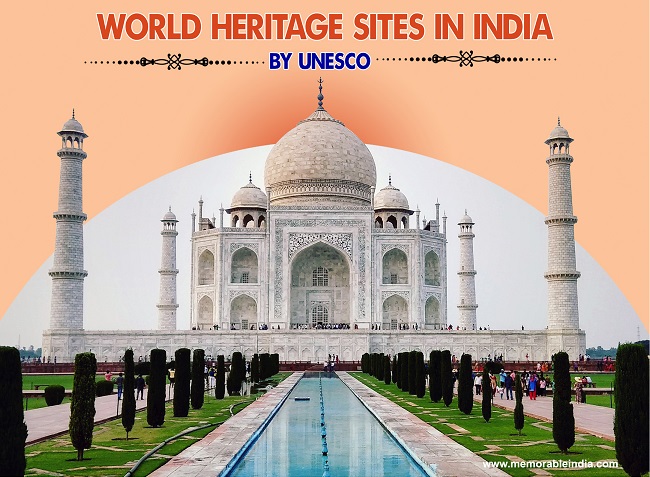List of UNESCO World Heritage Sites in India
This is the 4th part of the series UNESCO World Heritage Sites in India, Read 3rd part here…
29. Rock Shelters of Bhimbetka, Madhya Pradesh
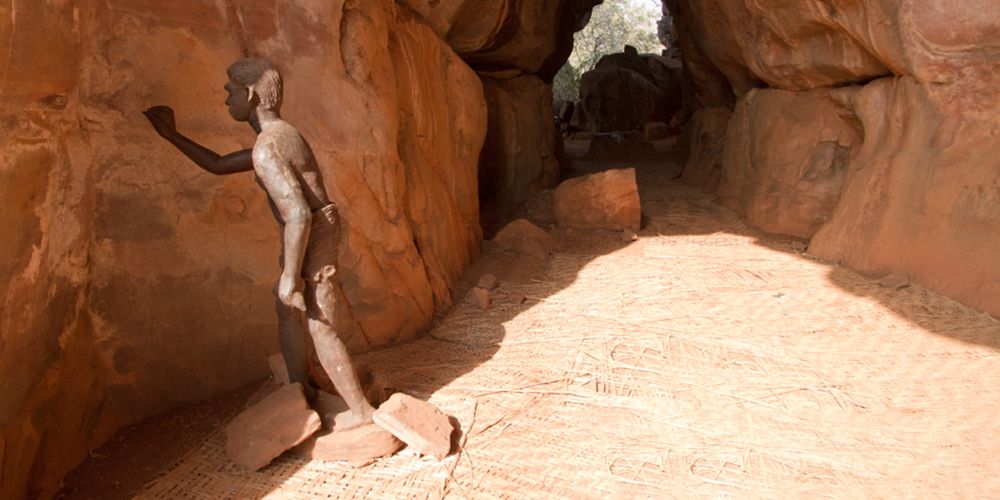
The Rock Shelters in Bhimbetka are an extremely important site to study the origins of human life in the Indian subcontinent. These caves have the earliest traces of human life and it is certainly an interesting placed to visit. Located at the foothills of the beautiful Vindhya Mountains these caves are now an archaeological site. The finds of the excavations suggest that this was the beginning of the South Asian Stone Age. The caves are filled with cravings and painting that talk about a time long gone by. The paintings depict hunters and gatherers, and other lifestyle activities that were part of that era.
30. Manas Wild Life Sanctuary, Assam
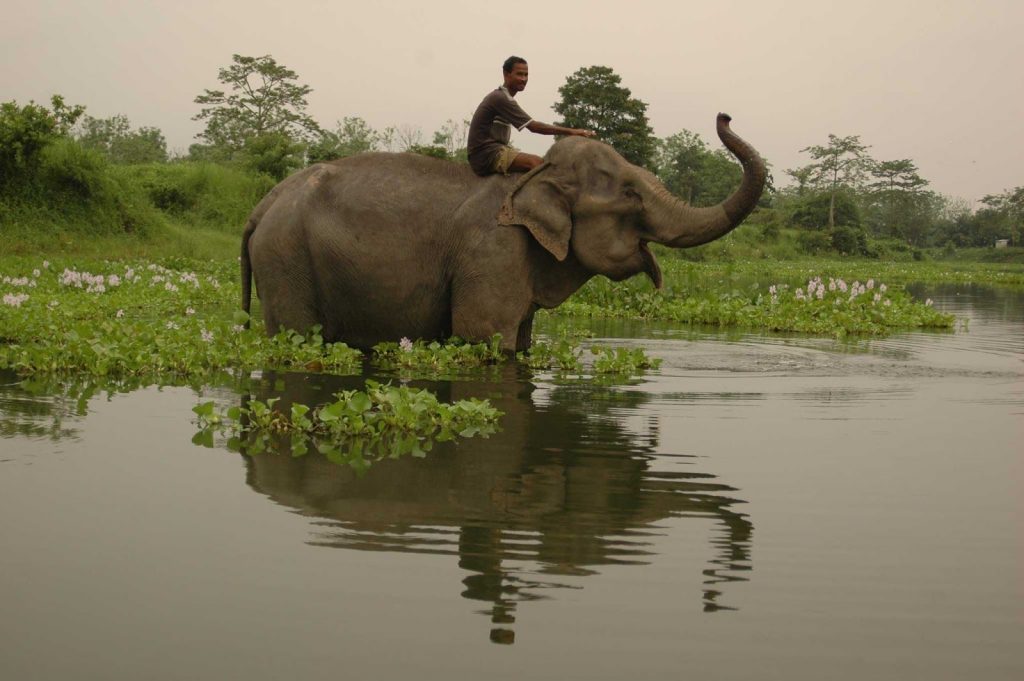
Situated in Assam, the Manas Wildlife Sanctuary is a lush green forest located on top of a little hill that gives it that lovely elevation. The name comes from the River Manas that flows through Assam.
The area is serene and calming and undoubtedly a great home for the animals and endangered species that live here. You can take a lovely safari through this dense forest and try to spot of them rare animals. The forest is most famous for Hispid Hare, Golden Langur and Pygmy Hog. The serenity of this place has the divine power of engulfing you into the surroundings and making you feel a part of the forest. This feeling is magical and you will return with some of the happiest memories of your life.
31. Bharatpur Bird Sanctuary, Bharatpur, Rajasthan
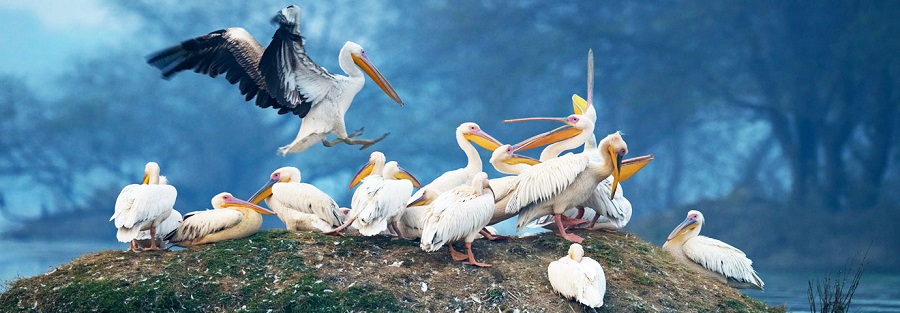
This amazing sanctuary is home to 366 different species of birds that will fill your heart with joy. Located in Bharatpur, Rajasthan, this place is also a hub for migratory birds that travel from far and wide to come here. It is spread over 29 sq.km and is surreal.
This park is not only for the millions of birds that come here or stay here, but it is also for animals and plants. You will find about 379 floral species, 50 species of fish, 7 species of lizard and 13 species of snakes among others.
The real joy comes when the moment you look up you the sky flooded with birds travelling in their flocks. The sight is magical, coupled with the sweet chirping of these birds and the melodious song of the winds that rustle the tree leaves softly.
32. Nanda Devi Peak and The Valley of Flowers, Uttarakhand
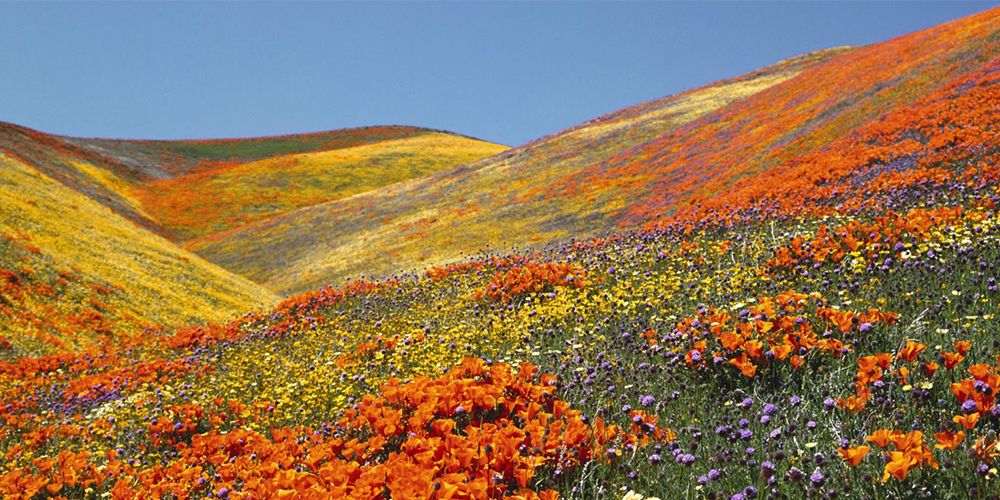
The highest mountain peak of Uttarakhand, Nandi Devi is a beautiful scenic mountain peak that offers some amazing panoramic views. This peak has also found its mentioned in the Puranas, the Upanishads and even the Mahabharata, who have all described this place as heavenly.
A trek up to this peak is both challenging and magnificent, as you will cross through ravines, azure waterfalls, and emerald green meadows just to reach here.
As you trek up to this UNESCO World Heritage Site you will also come across another UNESCO World Heritage Site near Nanda Devi called the Valley of Flowers. This is a national park which is painted with different coloured flowers all in their full blossom. The sight is magical, as all the different shades and hues of the colour palate just create a perfect symphony to look so ethereal. This place as most than 600 types of flowers!
33. Western Ghats
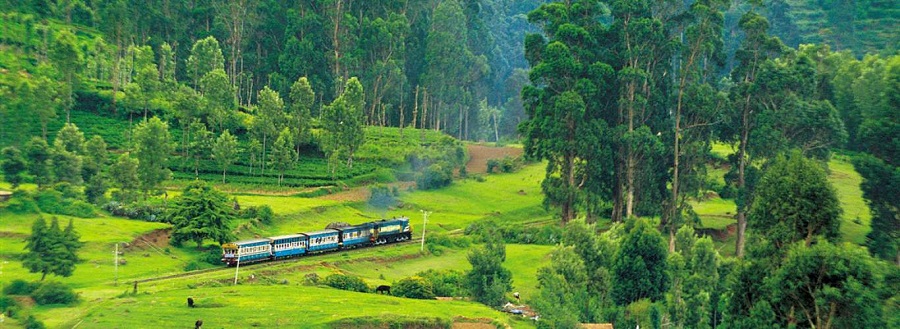
A geographical marvel located in the rough terrains of Western India, these majestic Ghats are a part of the Deccan Plateau. It is also called the Sahyadri Mountain range and is home to several forests, wildlife sanctuaries, and national parks. The hills stretch up to a huge 160000 sq km and cover states like Kerala, Tamil Nadu, Maharashtra, and Karnataka.
The mountains ranges are not only picturesque and make the scene even more alluring as you drive past them, but also high in biodiversity. It is ranked among the Top 8 in the World’s Biological Hot Spot Locations. You can find some of the rarest of the rare species in the national forests that are located here.
34. Khangchendzonga National Park, Sikkim
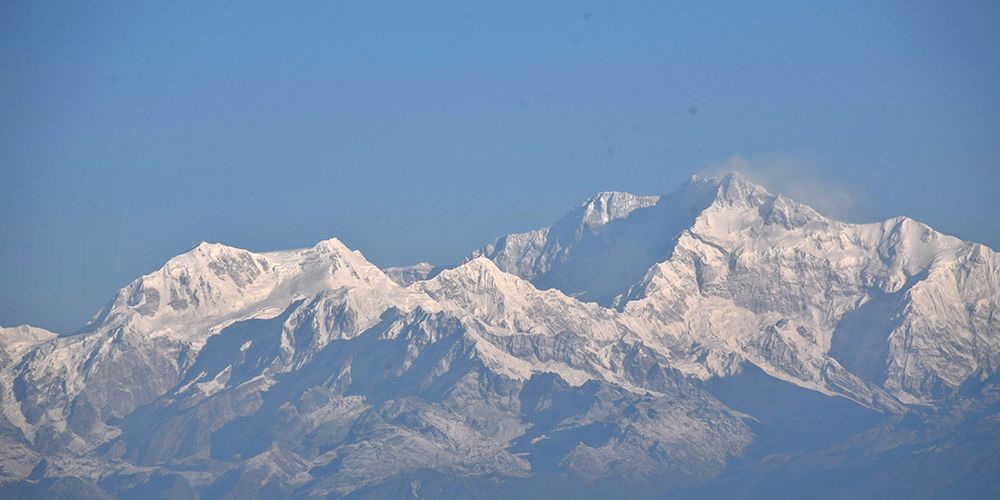
Another mind-blowing national park, which located in the picturesque town of Sikkim is located on the Himalayan Ranges. This place is also known as the Kanchenjunga National park and acquired the title of UNESCO world heritage site in 2016. The park is spread over 850 sq. Km and is located about 1829 m to 8500 m above sea level.
Owing to this increasing elevation, this national park is filled with different trekking routes that will take you through the depths and the interiors of the park. You will find yourself going through uncharted territories. The forest is so lovely that you will feel like wandering off and getting lost here. At times you can also spot the elusive snow leopard here- but that only happens if you are truly lucky.
35. Capitol Complex, Chandigarh
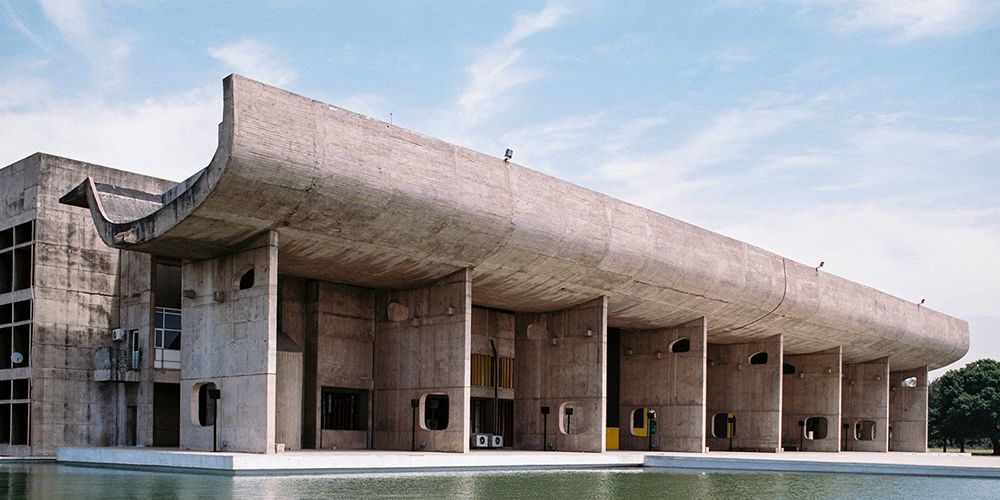
The Capitol Complex in Chandigarh is a unique addition to the UNESCO world heritage sites in India. It was created by the famous Le Corbusier, who has also worked in 17 other countries. This complex is an icon which contributed to the Modern Movement in Chandigarh, on different terms the Capitol Complex can be called the pioneer of the Modern Movement in Chandigarh.
The Complex also houses the legislative assemblies of both Punjab and Haryana, and also the High Court. An extremely posh area, this is the place is filled with sculptures and other architectural marvels. It is located in Sector 1 in Chandigarh and was built in 1950.
36. The Historic City of Ahmedabad
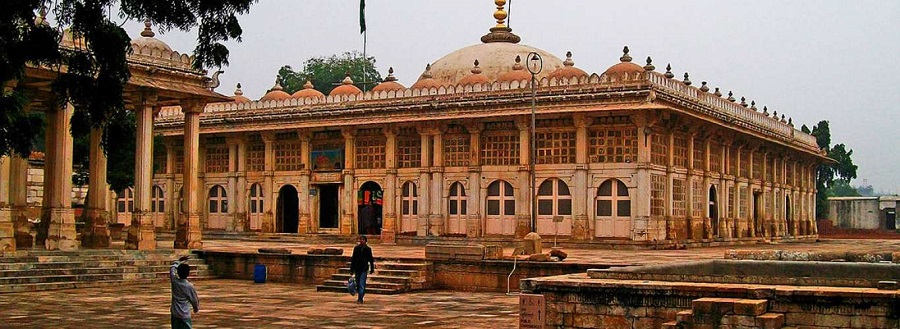
In 2017, Ahmedabad made history by being the first city in India to be declared as a World Heritage city. The reason such a decision was taken was that this city has about 25 ASI projected structures which make Ahmedabad a highly historically relevant.
If you visit Ahmedabad at first you will be greeted by saying scrappers and industries all of which hint at a modern-day city. However, when you probe deeper you will see how the urban setting has made its way for packed traditional buildings all located on traditional streets. These houses are complete with bird feeders, public wells, and religious places. The facade of the urban lifestyle wears off quickly and the real Ahmedabad that is still stuck in time starts to unfold.
37. The Victorian Buildings and Art Deco Bungalows Ensemble of Mumbai

This extremely recently added to the World Heritage list, The Victorian and Art Deco Ensemble of Mumbai refers to a group of 94 buildings located in the colonial area of Mumbai, that serve as great cultural importance. To see these monuments and buildings you need to travel to the Oval Maidan and just look around. The Maidan is surrounded by Gothic structures like- Bombay High Court, The Fort Campus of the University of Mumbai and the Old Secretariat Building among others. You will also find the Rajabai Clock Tower and Watson’s Hotel all standing proudly.
After you are done exploring the Victorian side of the Ensemble, you can now move towards the west side and into the Art Deco buildings. These buildings are different from the Victorian era style. They are mostly residential and privately owned. These buildings were part of the famous Back Bay reclamation program.
What is extremely interesting to watch is the drastic transition between the Victorian Style and the Art Deco manifestation that took place in Mumbai. It cleverly captures the essence of Mumbai and shrieks of the fact that Mumbai is home to every single style no matter how different they are- it is a city that fosters different lifestyles and makes sure that they are in perfect harmony with each other.
38. The Pink City – Jaipur
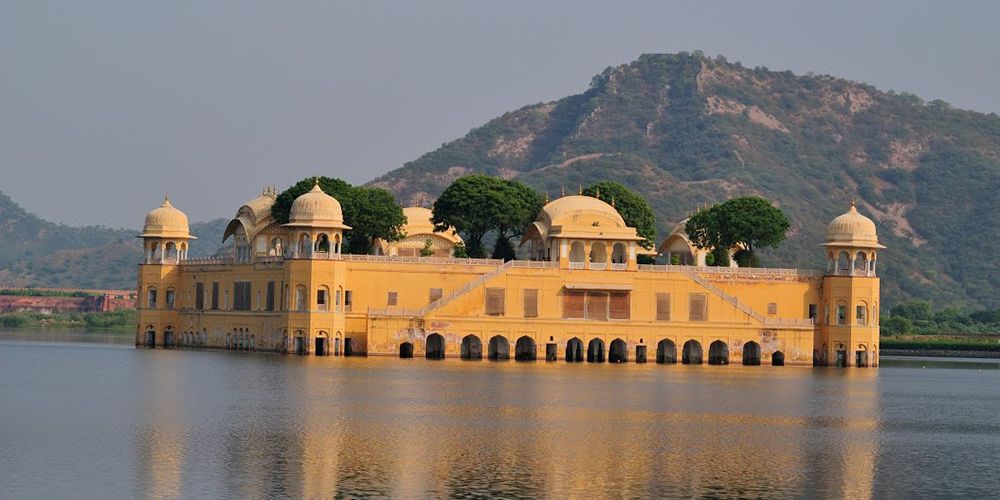
Another city and the newest addition to the UNESCO world heritage sites in India was Jaipur. The Pink City has rightfully earned its place on the lost, as it is undoubtedly one of the prettiest and culturally rich cities in India. The old town is still surrounded by walls and richly adorned gates that just make it look like the Kings still live here.
The entire city is coloured in a pinkish hue, owing to the buildings that are all of the uniform height and the same oink colour. Jaipur is also home to UNESCO sites like Amer Fort and Jantar Mantar along with may other monuments that just makes Jaipur more and more charming.
The bustling colourful markets of Jaipur is a shopper’s paradise, and you will be spending hours and hours there looking for beautiful trinkets or long skirts. If you want to see the newer side of Jaipur then travel towards the airport, and you will be blessed with the World Trade Mall, which is a huge complex filled with branded shops.

